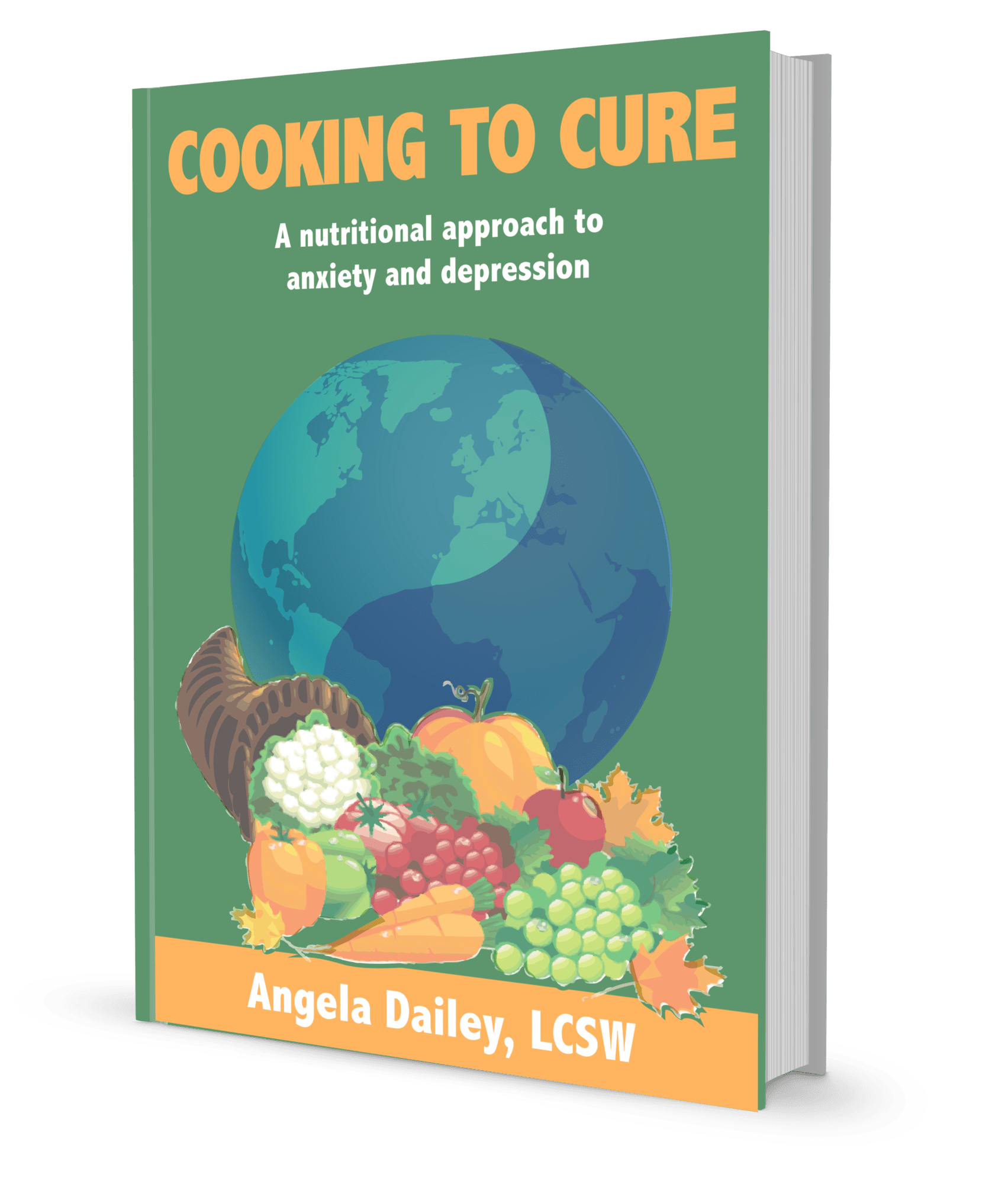MAKING TURKEY STOCK OR BONE BROTH
Bone broth is something your grandmother (at least your great-grandmother) made religiously. It was used to treat every kind of sickness as well as a base (stock) for adding vegetables and grains to make soups and stews. Simmering the bones leaches out beneficial nutrients like calcium, magnesium, potassium, and phosphorus – all playing an important role in counteracting depression and anxiety!











Recent Comments